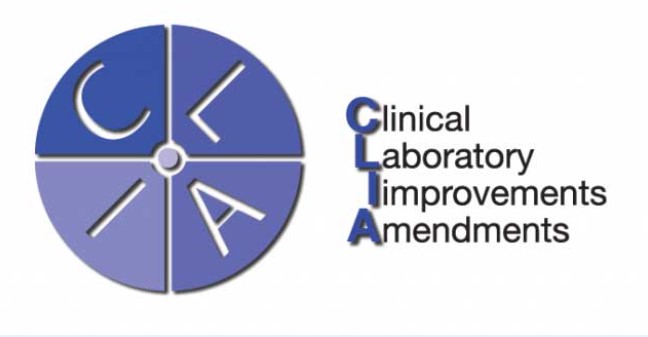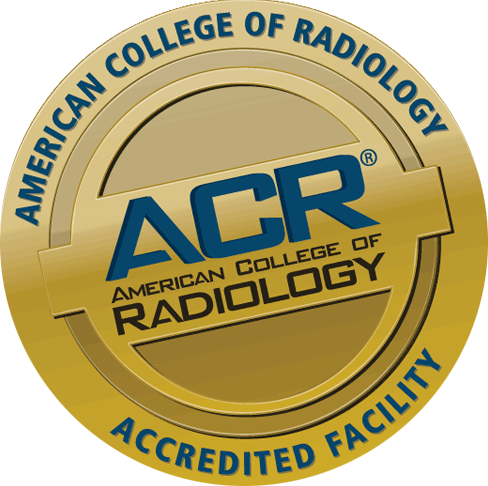As men age, it is common for many to experience low testosterone. Low testosterone is also referred to as “low T,” or clinically referred to as hypogonadism. Testosterone is the male sex hormone that circulates in the bloodstream. With age, levels of testosterone naturally decline. While this is normal, in certain circumstances it may cause related health issues.
Causes
The causes of low testosterone can be multifactorial. Testosterone naturally declines with age. Stress and temporary illness can cause temporary low testosterone. Testicular dysfunction can also be caused by varicocele, varicose veins of the testicle. Low testosterone is strongly associated with metabolic syndrome (hypertension, hyperlipidemia, obesity). Testosterone is inversely correlated with obesity, the heavier a person is, the lower their testosterone will be. Oftentimes, we do not find a cause for low testosterone.
Symptoms
Decreased sex drive, energy, muscle mass, and exercise intolerance are all common with low testosterone. Other related symptoms can include erectile dysfunction, change in cognitive function, irritability, mood change, depression, iron deficiency, and osteoporosis. Most commonly men with low testosterone feel tired throughout the day.
Diagnosis
A simple blood test will indicate whether or not an individual has low testosterone levels, and will also be able to point out any possible underlying conditions that are the root cause of low testosterone. Your doctor will also conduct a physical exam and medical history screening.
Treatment
There are 2 ways to bring testosterone level up which include either testosterone replacement therapy or trying to increase one’s alone natural production of testosterone. Testosterone replacement therapy includes testosterone injections, testosterone transdermal gels, subcutaneous testosterone pellets, and a testosterone skin patch. While there are no diets or exercise regimens that can improve testosterone levels, natural production of testosterone can be increased by taking a fertility medication.
Virginia Urology has several locations in Central Virginia, including Richmond, Emporia, Prince George, Tappahannock and Mechanicsville. Call 804-330-9105 today to schedule an appointment regarding your low T symptoms.













